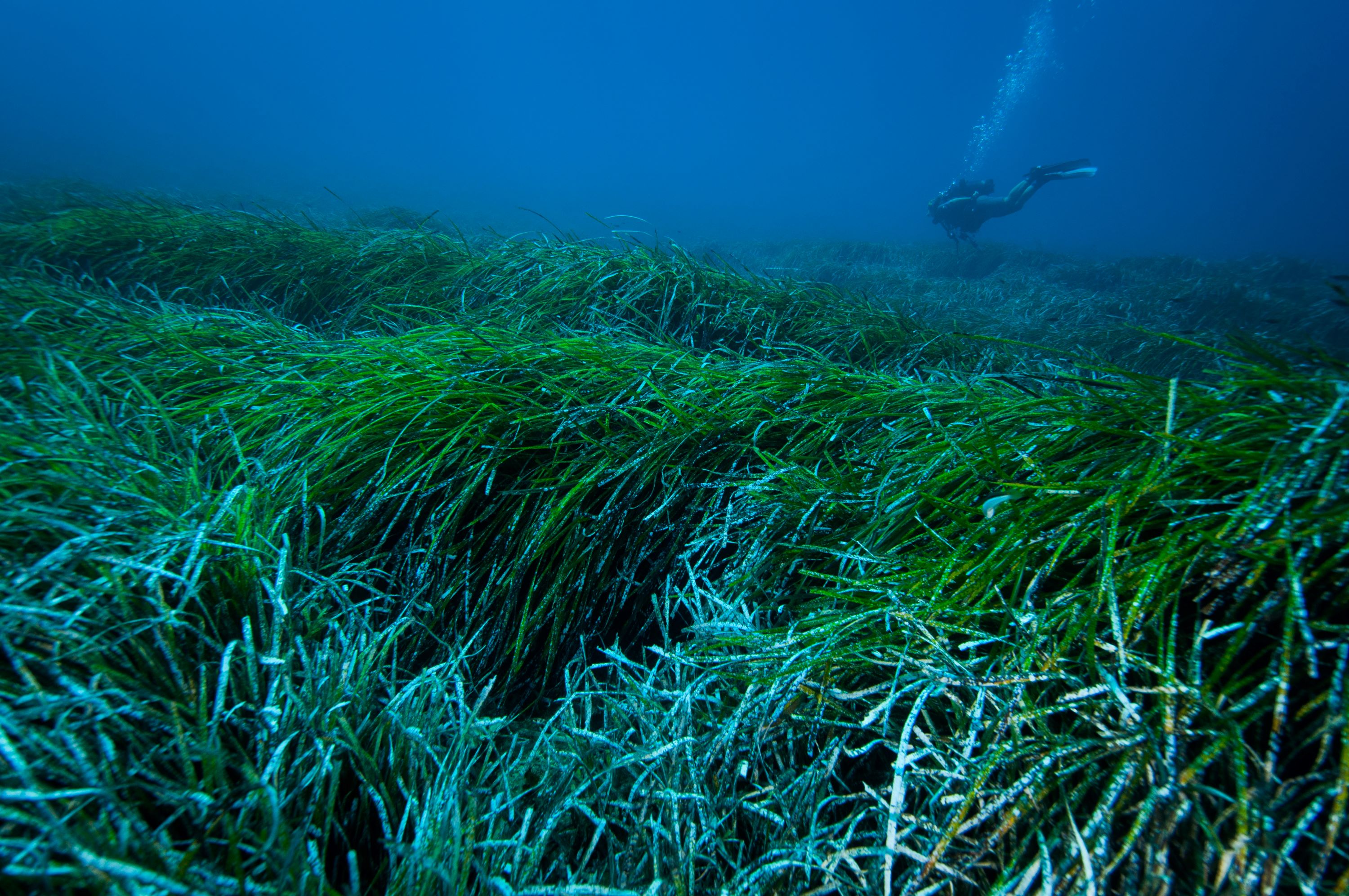News release
From:
Environment: Seagrass meadows may facilitate marine plastic removal from the sea *IMAGES*
Underwater seagrass meadows may trap, extract and carry marine plastic debris to shore, thereby helping to remove plastic litter from the sea, according to a study published in Scientific Reports.
Previous research suggests that most plastics end up on the seafloor and that some are washed back to shore; however, how this occurs was unclear.
Seagrass meadows are widespread in shallow coastal waters and are involved in trapping and binding sediment particles that form the seabed. To assess the role that seagrass may have in trapping and removing marine plastic, Anna Sanchez-Vidal and colleagues measured the amount of plastic debris collected from seagrass litter from four beaches in Mallorca, Spain, between 2018 and 2019. Mallorca has extensive seagrass meadows and high levels of plastic near the shore. The authors found plastic debris among 50% of 42 loose seagrass leaf samples and intertwined in 17% of 198 balls of seagrass fibers, known as aegagropilae or Neptune balls. Up to 613 and 1,470 plastic items were found per kilogram of loose leaves and Neptune balls, respectively.
Using this data and estimates of seagrass fiber production in the Mediterranean, the authors propose that Mediterranean seagrass meadows may trap up to 867 million plastic items in Neptune balls alone each year, although the number of these carried to shore and the fate of plastic once washed ashore is unknown.
The findings suggest that seagrass meadows may help counteract marine plastic pollution. As previous research found that seagrass areas in the Mediterranean Sea have decreased by 13–50% since 1960, seagrass meadow conservation should remain a priority, according to the authors.



 International
International


